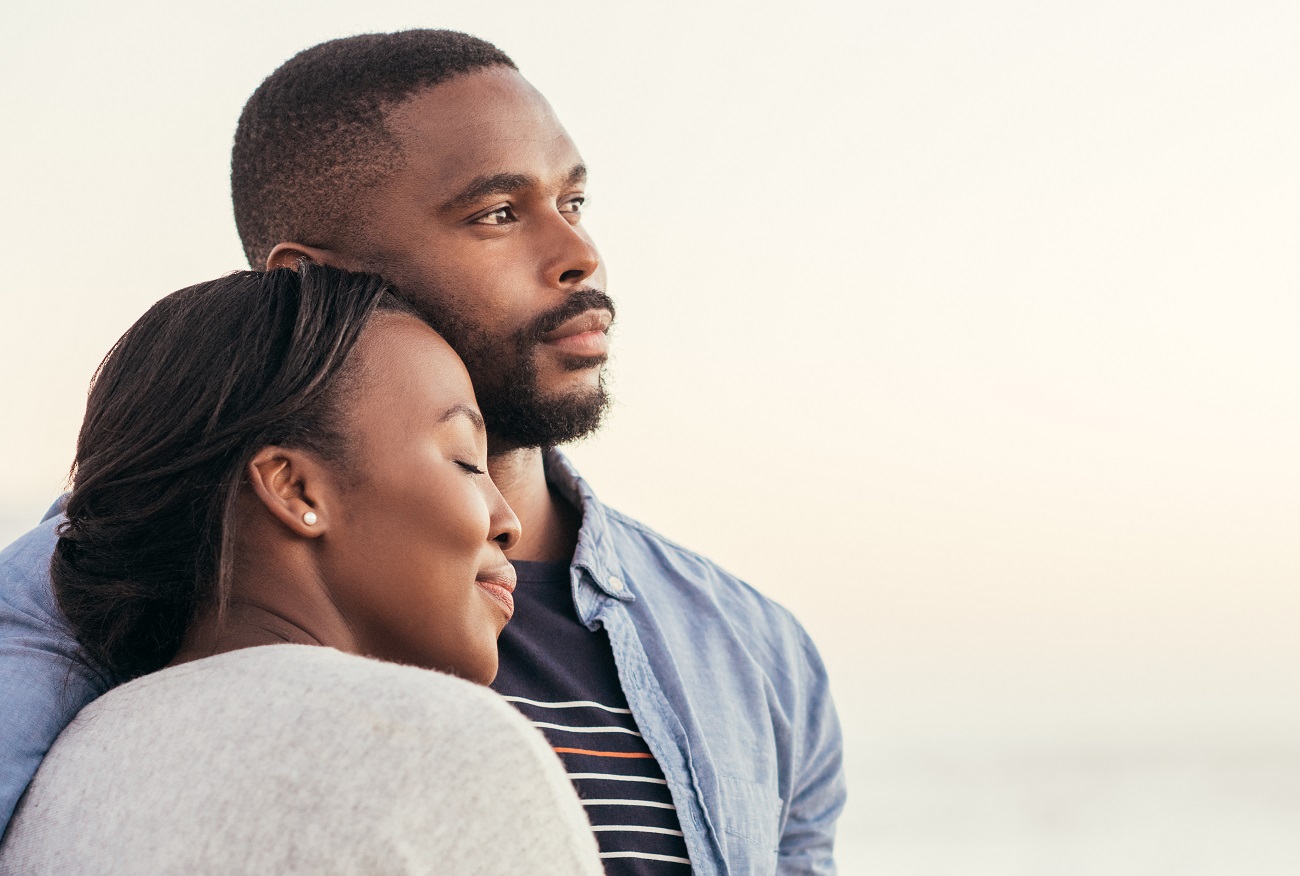
Often times when we talk about rape, we’re focused on the violent act itself, and less on the impact it has on survivors. We don’t pay enough attention to how it changes the course of their lives, and how they relate to people, particularly intimate partners.
No circumstance is the same
The first thing you need to remember is that not everyone will experience the impact of rape in the same way. This is according to Shiralee McDonald, a counselling coordinator at Rape Crisis. She explains that the reaction and behaviour post the ordeal is never the same, and this is the reason there is a great difference in how survivors reveal the incident to their partners. “Quite often, survivors struggle to tell their partner what has happened in case they are abandoned or blamed,” she says. Actress, businesswoman and activist Rosie Motene shares that her boyfriend at the time refused to believe her when she told him about the sexual assault she suffered at the hands of his business partner. “His argument was that he did not see it; therefore he could not comment, and that the matter should never be discussed,” she says. Rosie explains that society already blames victims. So, when a loved one does not show support, it can further exacerbate negative feelings of guilt, shame and isolation. “Surviving any trauma is lonely. And, if your life partner cannot understand, you can feel even more helpless. This then all adds to your level of low self-esteem.” On the other hand, journalist Siyathemba Ben experienced a different reaction. Although the incident felt surreal, when she told her boyfriend at the time, he was supportive and always there when she needed him. “The rape happened on a Monday evening, and I told him the following morning,” shares Siyathemba. She recalls that he came to her home the same day, and supported her emotionally from then on. “I would sometimes have a difficult time sleeping or flashbacks of the rape. He would sit up with me even though he didn’t know what to say at times. But, he’d comfort me, and I knew that he was my safe space.”
Listen and support
It might come naturally to feel that something needs to be done about the perpetrator. But, Shiralee and other rape experts warn against this. Reporting rape lies at the hands of you as the survivor. It is your choice whether you want to report the incident or not. As their partner, your role is to listen and offer support. “It is important that you support and respect whatever choice your partner makes about reporting the rape to the police or seeking other forms of help,” says Portia Ndikinda of People Opposing Women Abuse (POWA).
Exercise patience
Avoid making decisions on your partner’s behalf or being overprotective. This will only reinforce their sense of vulnerability and lack of control. Some survivors may block their feelings, making it seem as if they’re coping. They may also not want to talk about the rape right away, and sometimes even for many years. “Be available to listen, but don’t put pressure on them to talk,” Portia advises. Do away with blaming your partner for their encounter or telling them that you don’t believe them. They need to know that you believe that what they’re experiencing is not their fault.
Show empathy, not sympathy
Rosie shares that as a survivor, you don’t want to be looked down upon. So, be empathic because this allows you to be mindful and sensitive to their feelings. It also helps you refrain from using rape stereotypes and negative judgement such as: “you are unstable” or “you need to get over it”. Portia adds that the survivor may make drastic changes in other aspects of their lives. And, even if you don’t agree, you need to be patient. “This can be an important part of helping them feel safe and in control again,” she says.
Intimacy post-rape
Understandably, survivors often struggle with intimacy after being raped. Some might become more sexually active while others don’t want to be touched, let alone be intimate. “The impact for a survivor is about feeling helpless, and that you had no control over what happened. There is no consent in rape. This is in direct contrast to what you can expect and work towards in a safe intimate partner relationship. Some survivors are put off by sex altogether, and it takes patience and understanding,” explains Shiralee. It is important to know that there is no right or wrong way of dealing with this horrific experience.
Equip yourself with information
We live in the digital age; so, as cliché as that may be, the Internet has an abundance of information at your fingertips. Researching information and tools on how to support your partner is important. Also, many organisations have support kits available on their websites. This will also help you know how to support your partner as they face other friends, relatives and society in the aftermath of rape.
SEE ALSO: Everything you need to know about customary marriage
Go for counselling
This is an important step to take in the process of healing. When your partner talks through the possibilities of counselling, encourage them because they are likely to get a better understanding of what they’re going through. “And, they can start being clear about how they would like to go forward,” says Shiralee. “It is also helpful for you as their partner to access counselling. This is so that you can figure out the best way to support your loved one, and also process some of their own feelings about what has happened,” she adds. Contrary to the myth that rape happens to people who behave or dress provocatively, anyone can fall victim to this gruesome crime. It doesn’t discriminate according to race, age and class. The only cause is rapists, and the sooner we start believing our loved ones and supporting them instead of casting blame, the better.
Where to get help
Rape Crisis
Call 021 447 1407 or visit rapecrisis.org.za
POWA
Call 083 765 1235 or visit powa.co.za
Lifeline Durban
Call 031 312 2323 or visit lifelinedurban.org.za
Lifeline Johannesburg
Call 0861 322 322 or visit lifelinesa.co.za




